- SMoFA (Solti Museum of Fine Arts) - Engraving Collection9902023.12.31
- SMoFA (Solti Museum of Fine Arts) - Drawing Collection5312024.01.09
- [Essay of My Heart] Exploration of the Creative Spirit of Choi Rip (최립, 崔岦)4472024.01.31
- [내 마음의 隨筆] 축구 이야기4062024.02.07
- [Essay of My Heart] Lessons Learned through the Adventurous Exploration of Choi Rip's Life3512024.01.31
[Essay of My Heart] Exploration of the Creative Spirit of Choi Rip (최립, 崔岦)
2024.01.31Exploration of the Creative Spirit of Choi Rip (최립, 崔岦)
It is an incredibly important task to make a fair and just evaluation of one's life. This is not only a natural duty as a successor but also, from the perspective of the individual being evaluated, a meticulous and logical examination is necessary, relying on extensive records for accurate judgment.
Among the many family stories I heard in my youth, one that particularly caught my interest was the story of Choi Rip (崔岦 (최립), 1539-1612), a mid-Chosun Dynasty scholar and diplomat known as the 'Genius of the Era.' It was said that his extensive collection of essays, "簡易集 (Gan Yi Jip)," remains untranslated and nearly impossible to decipher even after several centuries.
Now, as the 500th anniversary of Gan Yi's birth in 2039 approaches, I am sincerely grateful to Lee Sang-hyun and Professor Kim Woo-jung of Dankook University for awakening my intellectual curiosity. Without their dedicated efforts and research, I would never have dared to dream of selectively translating Gan Yi's poetry into English.
Approaching the year 2039, the 500th anniversary of Gan Yi's birth, as a descendant, I feel a sense of shame that the noteworthy achievements of our ancestor remain unknown to the world. To contribute to making his legacy known to a wider international audience through English, a global language, is a meaningful endeavor and a kind of obligation or pride as a descendant.
In a time when Choi Rip's literary attempts were innovative and daring, and the period surrounding the Imjin War (Japanese invasions of Korea) presented immense challenges, Gan Yi exclusively managed diplomatic documentations with China. Reading his recently translated writings, one can vividly grasp the personal struggles and frustrations of this Chosun diplomat during a tumultuous period.
Despite facing unjust evaluations during his lifetime, Gan Yi remained steadfast, serving the nation diligently in administrative and diplomatic roles, fulfilling human responsibilities as a family head, actively engaging with the king and fellow scholars, establishing his unique poetry and calligraphy style, attempting a comprehensive theory of landscape painting, and leaving behind numerous stories related to his upright public service. Gan Yi can truly be considered the 'Renaissance Man of Chosun.'
The translated collection not only allows us to gain a more detailed understanding of Gan Yi's diverse life but also sparks intellectual curiosity, motivating a systematic investigation and research into his works scattered across libraries and Korean studies institutes worldwide.
I came across the existence of Gan Yi's "簡易集" in a library of a university in the United States during an internet search, highlighting the need for systematic exploration and research of Gan Yi's writings stored in various libraries and Korean studies institutes worldwide.
I hope that people worldwide who appreciate literature will soon be able to enjoy Gan Yi's profound thoughts on various subjects and his beautiful poems that sing of Korea's nature in their entirety.
May my modest attempt to translate contribute to the revival of the knowledge we have learned from the past, following the spirit of On Ko Ee Ji Shin (溫故而知新), and become an opportunity to widely introduce the era-defining spirit of Choi Rip, a pioneering scholar of Chosun, who ventured into various creative endeavors.
References:
"국역 간이집" (National Translation of Gan Yi's Collection), Choi Rip, Translated by Lee Sang-hyun, Minjok Munhwa Chujinhoi (National Cultural Promotion Council), Republic of Korea, 1999-2002.
"간이 산문선" (Selected Essays of Gan Yi), Choi Rip, Translated by Kim Woo-jung, Jisigeul Mandeuneun Jisik (Knowledge Creation), Republic of Korea, Seoul, 2012.
"通川崔氏 追遠錄" (Tongcheon Choi Clan Memorial), Goam Choi Yong-gyu, Tongcheon Choi Clan Compilation Committee, Gukje Printing, Republic of Korea, Haenam, 1994.
"최립(崔岦, 1539-1612년), 율곡학 인물들" (Choi Rip, Figures of Yulgok Scholars), Yulgok Hak Research Project, Republic of Korea, 2015.
January 31, 2024
Solti
간이 최립의 파란만장한 생애탐구를 통해 내가 얻은 교훈:
Korean: https://www.ktown1st.com/blog/VALover/13768

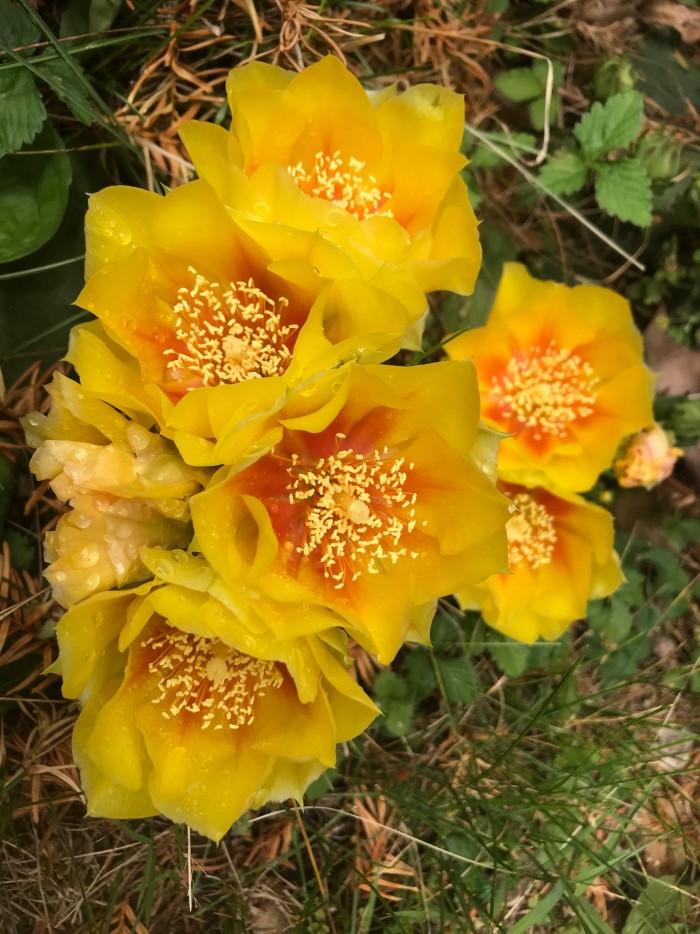





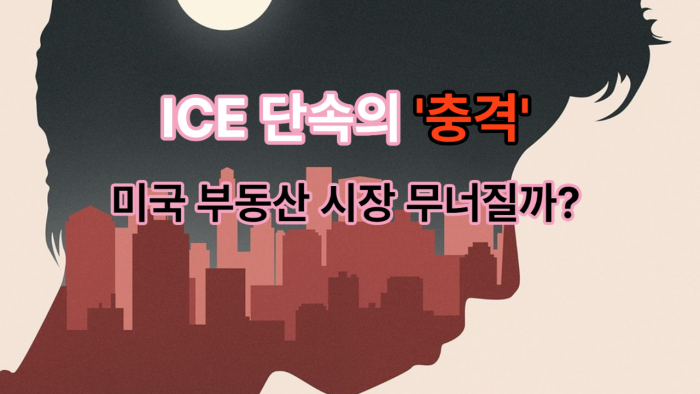 ICE 이민 단속 강화?! 미국 부동산 시장이 뒤흔들리는 진짜 이유
ICE 이민 단속 강화?! 미국 부동산 시장이 뒤흔들리는 진짜 이유
 어느 소녀에게 바친 사랑
어느 소녀에게 바친 사랑
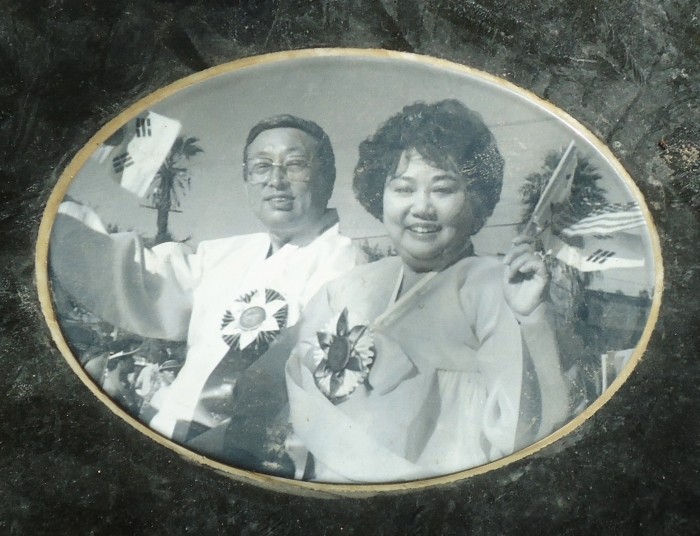 故김진형박사님과 앞선 가족들
故김진형박사님과 앞선 가족들
 [내 마음의 隨筆] <미시시피 강 위의 살아 있는 말들: ‘허클베리 핀’의 남부 구어체 유머>
[내 마음의 隨筆] <미시시피 강 위의 살아 있는 말들: ‘허클베리 핀’의 남부 구어체 유머>
 운전자들은 꼭 명심하자.
운전자들은 꼭 명심하자.
 GOLF LESSONS 골프레슨 CLUB FACE 오렌지 카운티 얼바인 애너하임 플러튼
GOLF LESSONS 골프레슨 CLUB FACE 오렌지 카운티 얼바인 애너하임 플러튼
 Abiraterone Acetate Tablets: Price, Dosage, Side Effects
Abiraterone Acetate Tablets: Price, Dosage, Side Effects
 자연이 곧 법이 되어, 산행하는 이의 참된 자아가 고요히 펼쳐지는 뉴욕의 캐츠킬 산맥.
자연이 곧 법이 되어, 산행하는 이의 참된 자아가 고요히 펼쳐지는 뉴욕의 캐츠킬 산맥.
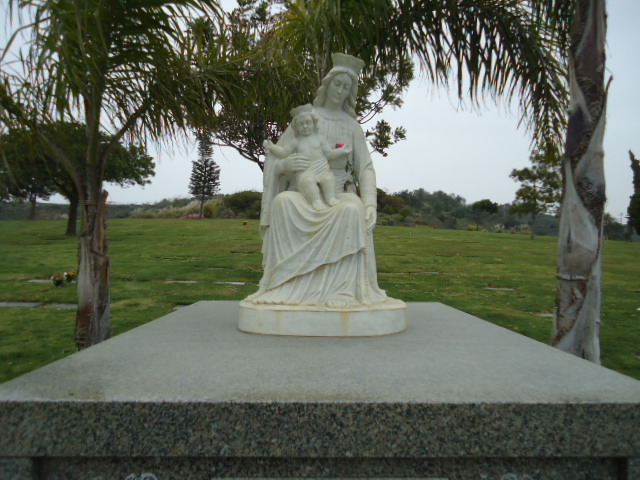 찾아 봐도▶◀불러 봐도
찾아 봐도▶◀불러 봐도
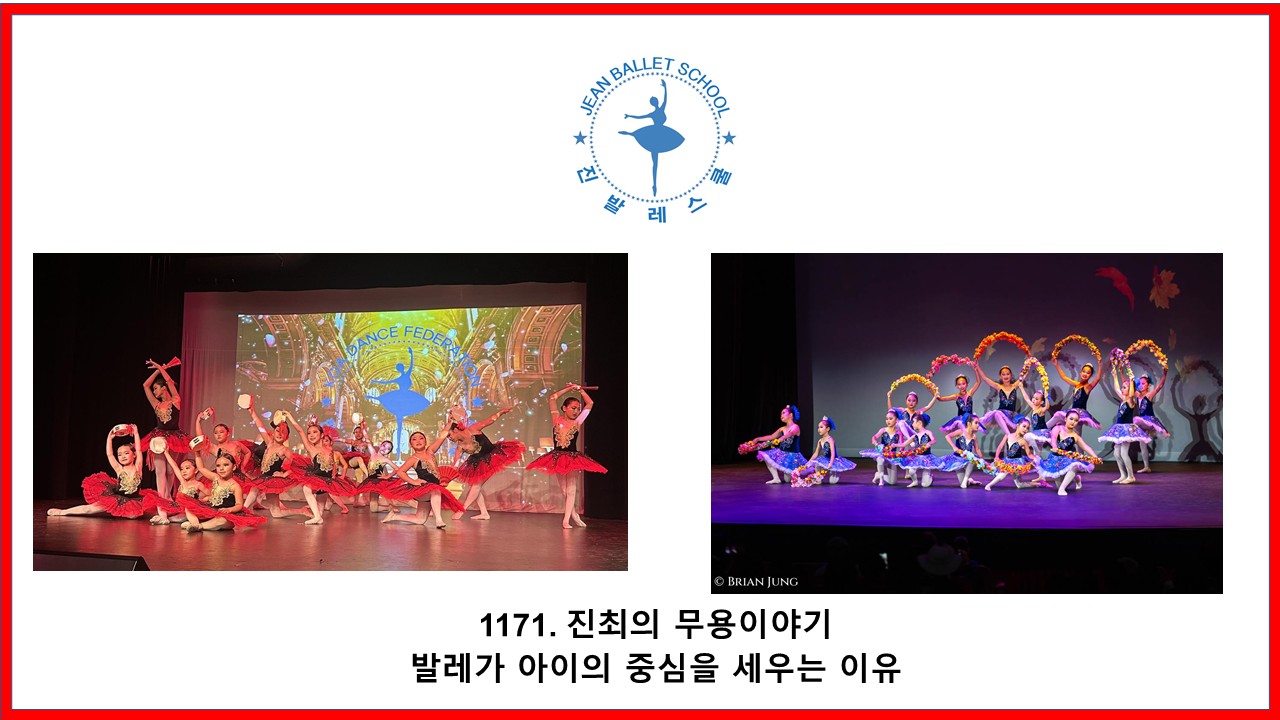 438. 발레가 아이의 중심을 세우는 이유
438. 발레가 아이의 중심을 세우는 이유
